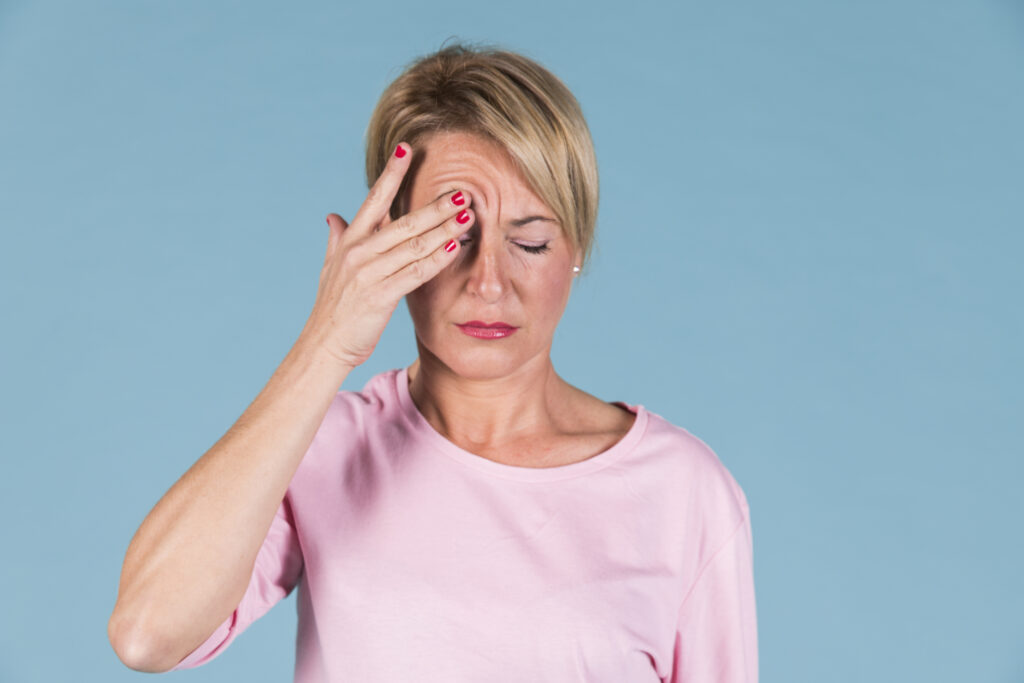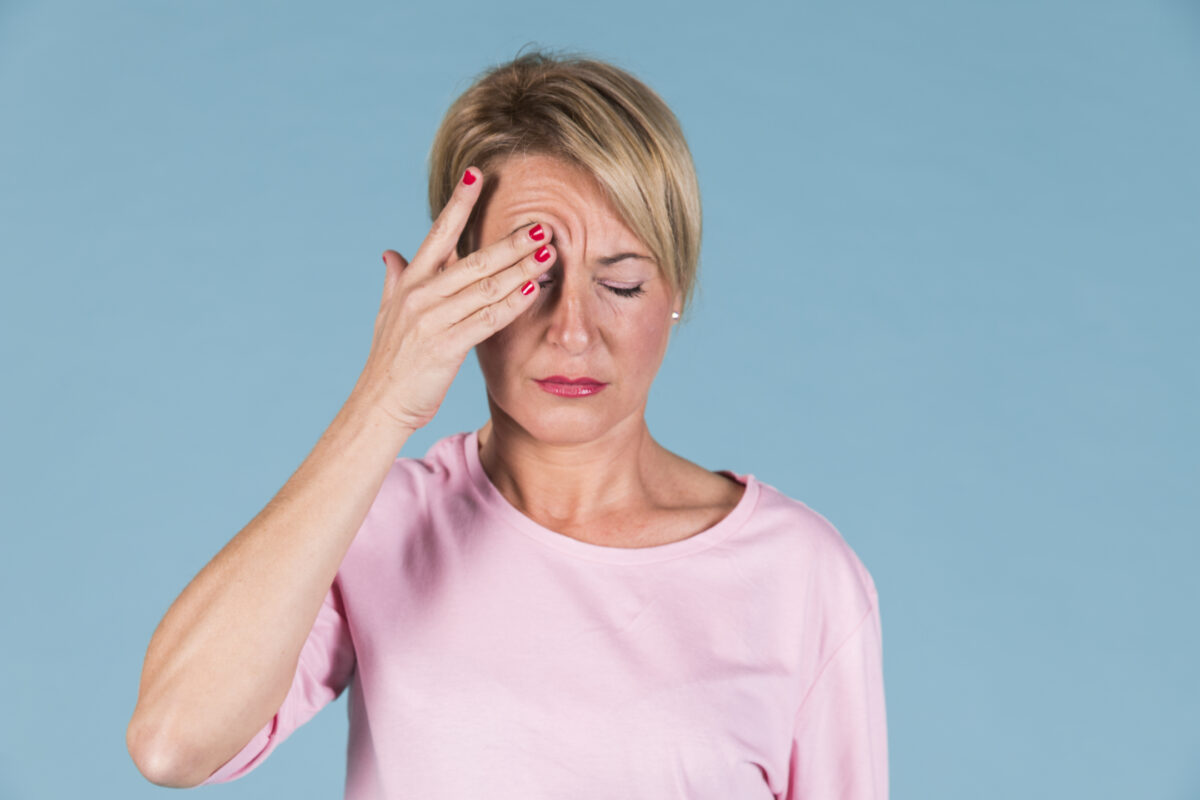Common Corneal Problems You Should Be Aware of
July 29, 2024
Have Any Questions?
Please contact us, if you have any queries
Categories

The cornea is the clear front part of the eye covering the iris, pupil, and anterior chamber. Its primary function is to refract, or bend, light to help the eye focus. Given its critical role, any damage or disease affecting the cornea can significantly impact vision.
In this blog, we will explore common corneal problems, their causes, symptoms, and treatment options to raise awareness and help you maintain optimal eye health.
CORNEAL ABRASIONS
Corneal abrasions are scratches or injuries to the cornea, the transparent front part of the eye that covers the iris, pupil, and anterior chamber. These abrasions can occur due to various reasons and can significantly affect vision and cause discomfort.
Causes:
- Accidental pokes in the eye
- Foreign bodies like dust, sand, or metal particles
- Improper use of contact lenses
- Vigorous rubbing of the eyes
Symptoms:
- Severe pain and a gritty sensation
- Redness and tearing
- Sensitivity to light
- Blurred vision
Treatment:
- Wash the eye with clean water
- Avoid rubbing the eye
- Antibiotic eye drops for infections
- Wear an eye patch to reduce discomfort
- Seek medical attention if symptoms persist
KERATITIS
Keratitis is the inflammation of the cornea, which can be caused by infections, injury, or underlying conditions.
Causes:
- Bacterial, viral, fungal, or parasitic infections
- Wearing contaminated contact lenses
- Eye injuries
- Contaminated water exposure
Symptoms:
- Eye redness and pain
- Excessive tearing or discharge
- Blurred vision
- Sensitivity to light
- Feeling of something in the eye
Treatment:
- Antibacterial, antiviral, or antifungal eye drops depending on the cause
- Pain relief medications
- Avoidance of contact lenses until the infection is resolved
- In severe cases, corneal transplant might be necessary
DRY EYE SYNDROME
Dry eye syndrome occurs when the eyes either do not produce sufficient tears or the tears evaporate too quickly.
Causes:
- Aging
- Wind or dry climates
- Prolonged screen time
- Certain medications
- Autoimmune diseases like Sjogren’s syndrome
Symptoms:
- Stinging or burning sensation
- Redness and dryness
- Blurred vision
- Sensitivity to light
- Eye fatigue
Treatment:
- Artificial tears or lubricating eye drops
- Lifestyle changes
- Prescription medications to increase tear production
- Punctal plugs to retain natural tears
CORNEAL ULCERS
c are open sores on the cornea, often resulting from infections or severe dry eyes.
Causes:
- Bacterial, viral, fungal, or parasitic infections
- Severe dry eye syndrome
- Trauma or injury to the eye
- Contaminated contact lenses
Symptoms:
- Severe eye pain and redness
- Excessive tearing or discharge
- Blurred vision
- Spot on the cornea in white and grey
- Sensitivity to light
Treatment:
- Antibacterial, antiviral, or antifungal eye drops based on the cause
- Steroid eye drops to reduce inflammation
- Pain relief medications
- In severe cases, surgical intervention such as corneal transplant
CORNEAL DYSTROPHIES
Corneal dystrophies are a group of genetic, often progressive, eye disorders in which abnormal material accumulates in the cornea.
Causes:
- Genetic mutations leading to abnormal protein deposits in the cornea
Symptoms:
- Blurred vision
- Sensitivity to light
- Recurrent eye pain, especially upon waking
- Glare and halos around lights
Treatment:
- Regular monitoring by an eye specialist
- Lubricating eye drops to relieve symptoms
- Use of therapeutic contact lenses
- In advanced cases, corneal transplant
KERATOCONUS
Keratoconus is a progressive eye disease in which the cornea thins and bulges into a cone-like shape, distorting vision.
Causes:
- Genetic predisposition
- Eye rubbing
- Down syndrome and connective tissue disorders
Symptoms:
- Blurred and distorted vision
- Increased sensitivity to light and glare
- Frequent changes in eyeglass prescriptions
- Difficulty with night vision
Treatment:
- Eyeglasses or soft contact lenses in early stages
- Rigid gas-permeable contact lenses for more advanced cases
- Corneal cross-linking to strengthen corneal tissue
- Intacs (corneal implants) to flatten the cornea
- Corneal transplant in severe cases
PTERYGIUM
Pterygium is a benign growth of the conjunctiva that extends onto the cornea, often related to UV exposure.
Causes:
- Prolonged exposure to UV light
- Dust and wind exposure
- Dry eye conditions
Symptoms:
- Redness and irritation
- Foreign body sensation
- If the growth extends over the cornea reflects as blurred vision.
- Cosmetic concerns
Treatment:
- Lubricating eye drops to reduce irritation
- UV-protective eyewear to prevent progression
- Surgical removal in cases where vision is affected
Prevention and Maintenance
Here are some tips to prevent corneal problems:
Practice Good Hygiene:
- Your hands should be clean before touching your eyes or handling contact lenses.
- Clean and store contact lenses properly.
Protect Your Eyes:
- Wear UV-protective sunglasses when outdoors.
- Use safety goggles in environments with potential eye hazards.
Maintain Regular Eye Check-Ups:
- Regular eye check-ups will help to know any eye-related problems early.
- Follow the recommended schedule for regular eye exams, especially if you have existing eye conditions or risk factors.
Manage Underlying Health Conditions:
- Control chronic conditions like diabetes and hypertension, which can affect eye health.
- Address autoimmune disorders and seek appropriate treatment.
Stay Hydrated and Maintain a Healthy Diet:
- Water intake is essential to keep your eyes hydrated.
- Consume a diet rich in vitamins and minerals essential for eye health, such as vitamins A, C, and E, and omega-3 fatty acids.
Avoid Eye Strain:
- Take breaks if we using screen for a long time
- Must practice 20-20-20 rule
Medical Advice
The cornea plays a crucial role in our vision, and any problems affecting it can significantly impact our quality of life. By understanding common corneal problems, recognizing their symptoms, and seeking prompt treatment, we can protect our vision and maintain overall eye health. Regular eye check-ups, good hygiene practices, and protective measures are essential steps in preventing and managing corneal issues. If you experience any symptoms related to corneal problems, schedule an appointment with our eye care professional at Dr. Rani Menon Maxivision Eye Hospitals to receive appropriate care and treatment.

